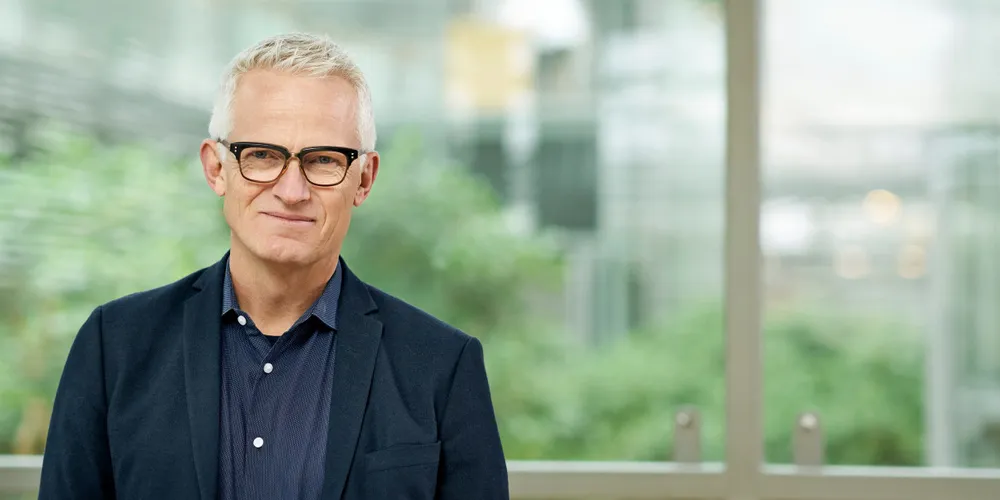Wind giants Orsted and Vestas team for low-carbon towers and blades offshore
Orsted to apply steel solutions and recycling technology at all joint projects in bid to create demand for Vestas’ sustainable innovations

Orsted to apply steel solutions and recycling technology at all joint projects in bid to create demand for Vestas’ sustainable innovations
